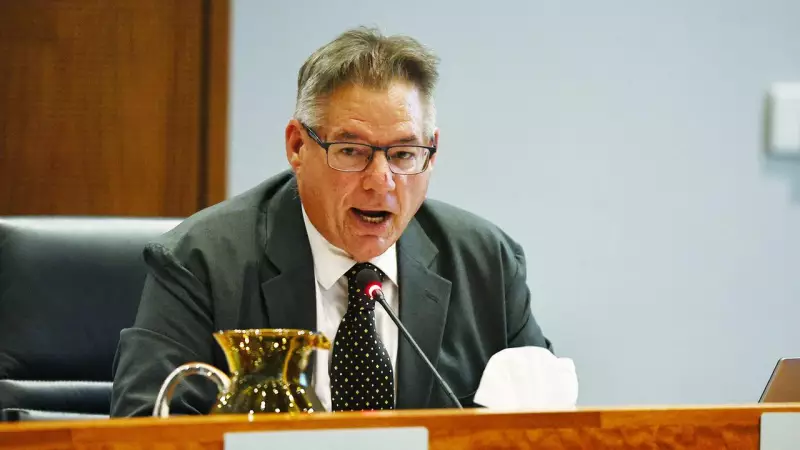
Residents and businesses across Far North Queensland are confronting significantly higher costs for disposing of their rubbish, with recent data revealing waste fees have jumped by approximately 20 percent.
New State Levy Drives Price Increases
The primary factor behind the soaring costs is Queensland's recently introduced waste levy, which came into effect during the last financial year. This state government charge has directly translated to higher operational expenses for waste management facilities throughout the region.
Cairns Regional Council Mayor Terry James confirmed the levy's impact, stating that while the council absorbed some initial costs, the financial burden has become unsustainable. The council now faces the difficult decision of passing these increased expenses onto ratepayers and commercial operators.
Financial Impact on Council and Community
The waste levy has created a substantial financial challenge for local government budgets. Councils must now pay the state government $95 for every tonne of waste sent to landfill, creating a multi-million dollar additional expense that must be managed through either increased fees or reduced services elsewhere.
Local waste management company JJ's Waste & Recycling has already implemented price increases of 15-20 percent to cover the additional costs. Company representatives explained that the levy affects their entire operation, from transfer station fees to landfill gate prices, making the increases unavoidable.
Commercial operators, including construction companies and hospitality businesses, are particularly feeling the pinch. The higher disposal costs are being factored into project budgets and operational expenses, potentially leading to increased prices for consumers across various services and products.
Mixed Reactions and Future Outlook
While the financial impact has drawn criticism from some quarters, environmental advocates note that the levy serves an important purpose. The policy is designed to discourage landfill dumping and encourage recycling and waste reduction practices across Queensland.
Mayor James acknowledged this dual reality, noting that "while the immediate financial impact is challenging, the long-term environmental benefits could be significant if it drives behavioral change."
Looking forward, waste industry experts predict that prices are likely to remain at these elevated levels. Some suggest that further increases could occur if the state government raises the levy rate in future budgets, as has occurred in other Australian states with similar waste management policies.
The situation highlights the complex balance between environmental policy implementation and immediate economic impacts on households and businesses. As Queensland adjusts to the new waste management landscape, Far North residents are being forced to reconsider their waste generation and disposal habits in response to these financial pressures.





